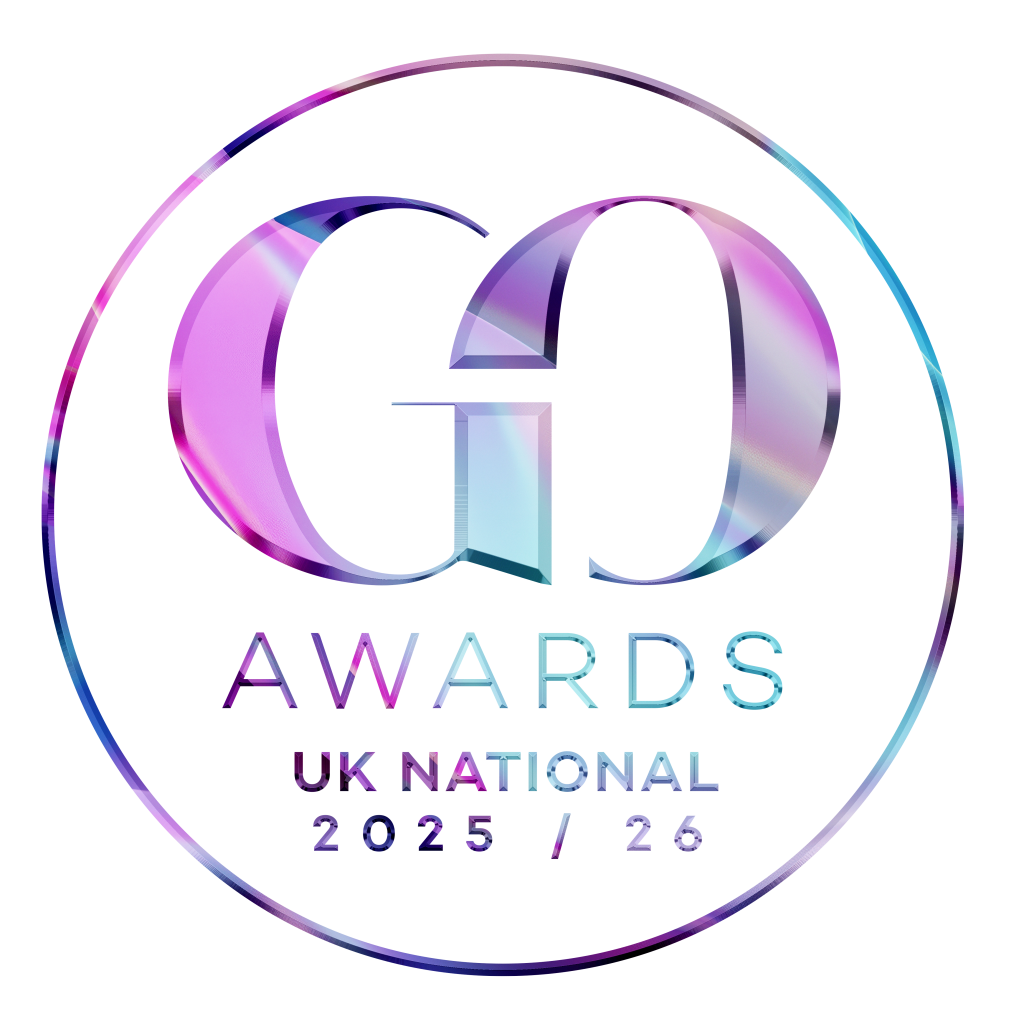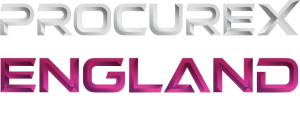Public sector procurement doesn’t have to be a slow and complicated process weighed down by red tape. While private sector procurement moves fast with competitive negotiations, public sector organisations often face strict regulations, budget constraints, and fragmented purchasing decisions. But what if there was a way to change this?
Here, we will talk about collaborative procurement, where buyers join forces, cut costs, and simplify sourcing without sacrificing quality or compliance.
It’s not just about buying in bulk; it’s about using knowledge, driving better deals, and making the procurement process work harder for you. So, let’s understand how public sector buyers can unlock the full potential of collaboration.
What Is Collaborative Procurement?
Think of collaborative procurement as a power move in public procurement—where government departments, local authorities, and public sector bodies team up to secure better deals, reduce inefficiencies, and streamline sourcing.
Instead of working in silos, organisations pool their purchasing power to negotiate smarter deals, access better suppliers, and cut costs without cutting corners.
Why Is It Becoming Essential?
With tighter budgets, high expectations, and unpredictable supply chains, collaborative procurement is not only necessary but crucial.
Saving Money: By putting in joint efforts, organisations achieve better economics along with stronger terms. Unlocking shared contracts provides shared economies of scale, making every pound count. So, why pay more?
Smarter Solutions for Government Departments: Due to rising financial hurdles, government spending shouldn’t be so restricted. Smarter, resourceful ways must be sought. Collaborative procurement reduces risks and costs, provides more significant supplier access, and provides a guarantee for quality without compromise.
The question isn’t why organisations should collaborate; it should be how soon you can start.
Benefits Of Collaborative Procurement
Implementing collaborative procurement has a lot of benefits; here are some of the most important ones:
Helps In Cost-Savings
Public sector budgets are constantly under pressure, and since these services are funded by public money, every decision needs to deliver real value for money.
Collaborative procurement helps cut down costs by combining purchasing power, securing better contract terms and eliminating duplicate spending across multiple organisations.
Instead of several local councils or government bodies paying different prices for the same services, they negotiate as a group, unlocking bulk discounts and cost efficiencies.
The result? More savings, better allocation of funds, and smarter spending for the public good.
Increased Efficiency
Procurement is often tedious, multifaceted, and drains a lot of resources, mainly when an organisation is operating in silos. On the other hand, collaborative procurement simplifies the whole process by eliminating bureaucracy with shared contracts, pre-negotiated supplier agreements, and standardised procurement frameworks.
For government departments and local councils, this translates to less duplication of work, minimal administrative snags, and a more streamlined and tactful approach to purchasing for the public sector.
Access To Expertise
If an organisation participates in the procurement process individually, it relies on its own limited experience. However, collaborative procurement brings together a wealth of knowledge from multiple stakeholders.
Local councils, government bodies and public sector teams can tap into specialist insights, use best practices and make more informed procurement choices.
By sharing expertise and working with trusted procurement professionals, they minimise risks, drive innovation, and ensure every contract delivers real value.
What Challenges Arise In Collaborative Procurement?
Here are some challenges that might arise in this process:
Aligning Goals Across Multiple Organisations
When public sector agencies, local councils, and other public institutions work together, the coordination might be challenging. Every organisation possesses independent budgets, priorities, and even procurement policies, which can make alignment feel like a juggling act.
For public procurement to demonstrate value, all stakeholders must agree on key goals, expectations of the suppliers, and terms of the contract.
A clear governance framework, open communication, and a shared vision make sure that collaboration is done in the most cost-effective manner without delays or disputes.
Complexity Of Coordination
The more organisations involved, the more moving parts—and that means more room for confusion, delays, and inefficiencies. Who leads negotiations? Who signs off on supplier contracts? How do different procurement teams stay updated on progress?
Without a structured coordination process, collaborative procurement can quickly become slower and more complicated than if organisations had just gone solo. But when managed well, it can support government operations by streamlining procurement and unlocking powerful efficiencies.
Compliance Risks
There are already enough obstacles for one organisation to deal with regulations in public procurement, but once you add more stakeholders, things can get even more complicated. Different legal frameworks, contract requirements, and public accountability standards all coexist and, if not properly managed, can create negligence risks.
This is why, when working alongside other organisations, strict instructions, well-defined legal regulations, and substantial documentation are essential.
How To Overcome These Challenges?
The challenges that arise here are just hurdles, and with the right approach, you can deal with them easily. Here’s how:
Clear Governance Structures
Have you ever been in a meeting where there is no idea what decision is to be taken or who is to take it? This is precisely what is undesirable in collaborative procurement. A powerful governance document stipulates who does what, who signs what, and who keeps things moving. Consider it like stating the rules before starting a game—everyone knows what is to be done, and no one is left baffled at the sidelines.
- Set responsibilities from the beginning. Decide who is responsible for most of the negotiation, who will sign off the contracts, and who will manage compliance.
- Clearly state the objectives so that everyone understands the expectations, the costs, and the long-term vision.
Use Technology To Simplify Collaboration
Attempting to maintain collaborative procurement with the use of emails, countless meetings, and ten spreadsheets? That’s a good way to confuse yourself and others. In this day and age, modern tools are necessary to meet modern procurement needs.
- Digital procurement platforms lift the burdens of businesses by tracking supplier performance and automating approvals, among countless other features.
- Use online procurement services like cloud-based storage to keep all of your business contracts in one place. This ensures better tracking of spending and improves communication.
- Use AI-powered analytics to spot patterns in supplier performance while simultaneously identifying areas for higher efficiency.
Use Established Procurement Frameworks
Starting from scratch every time? Why? Established procurement frameworks exist for a reason—they provide pre-negotiated contracts, vetted suppliers, and a fast track to compliance without headaches.
- These frameworks save time, reduce risks, and ensure every deal meets public sector standards. Think of it like using a well-reviewed contractor instead of hiring someone off a random flyer—it’s faster, safer, and way less stressful.
- Tap into existing shared procurement frameworks—they’re designed to make collaboration smoother.
Why Is Procurex England Your Go-To Partner In Collaborative Procurement?
Collaborative procurement doesn’t have to be complicated—and with Procurex England, it isn’t. We provide a platform for government departments, local councils, and public sector organisations to unlock the full potential of procurement through:
Exhibiting Suppliers: Meet with dozens of established and innovative suppliers operating across the public sector who are providing the solutions and services buyers require.
Meet Other Buyers and Framework Providers: Many of England’s leading public sector buyers and framework providers will be present at Procurex England, all of whom are looking for ways to collaborate with more organisations in their procurement activity.
Hear From Our Expert Speakers: Choose from dozens of speaking sessions running throughout the day to attend, led by some of the UK’s foremost procurement experts, including on the opportunities and challenges relating to collaborative procurement.
Procurex England will be hosted at the Exhibition Centre in Liverpool on Wednesday 21 May. Book your tickets today to be part of England’s leading public procurement event: Book Now – Procurex England 2025.



